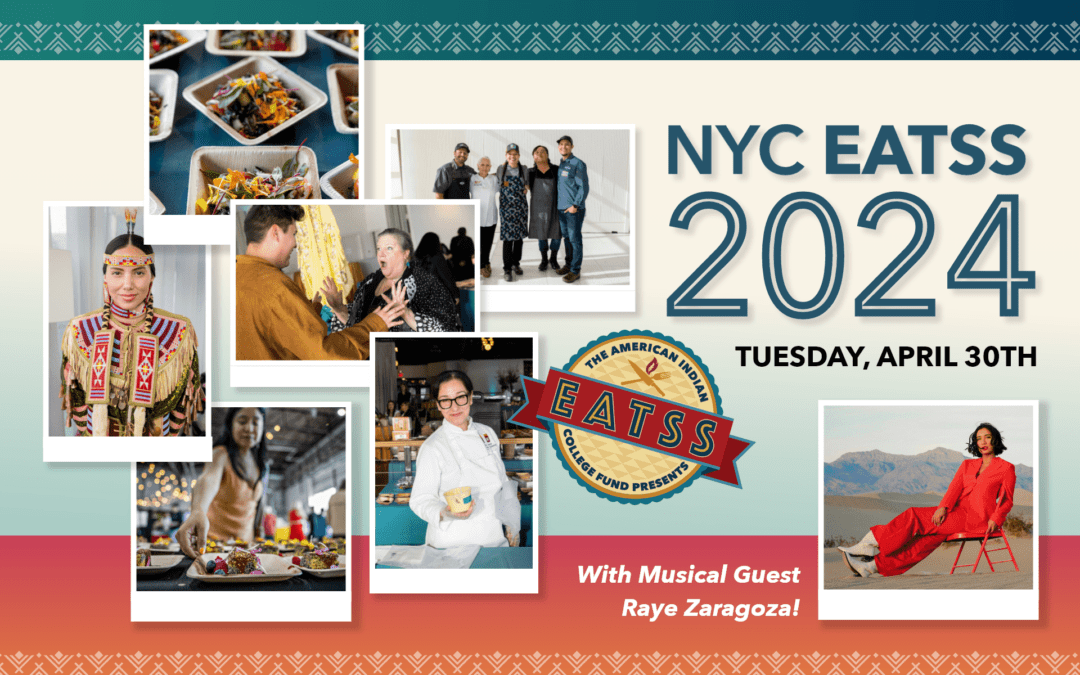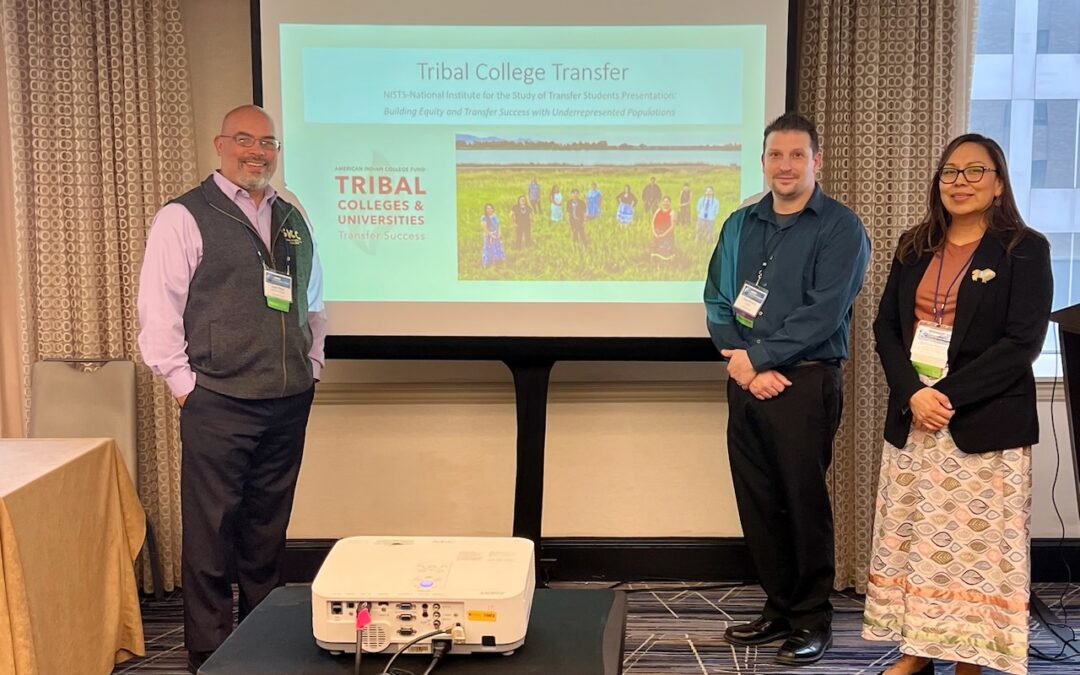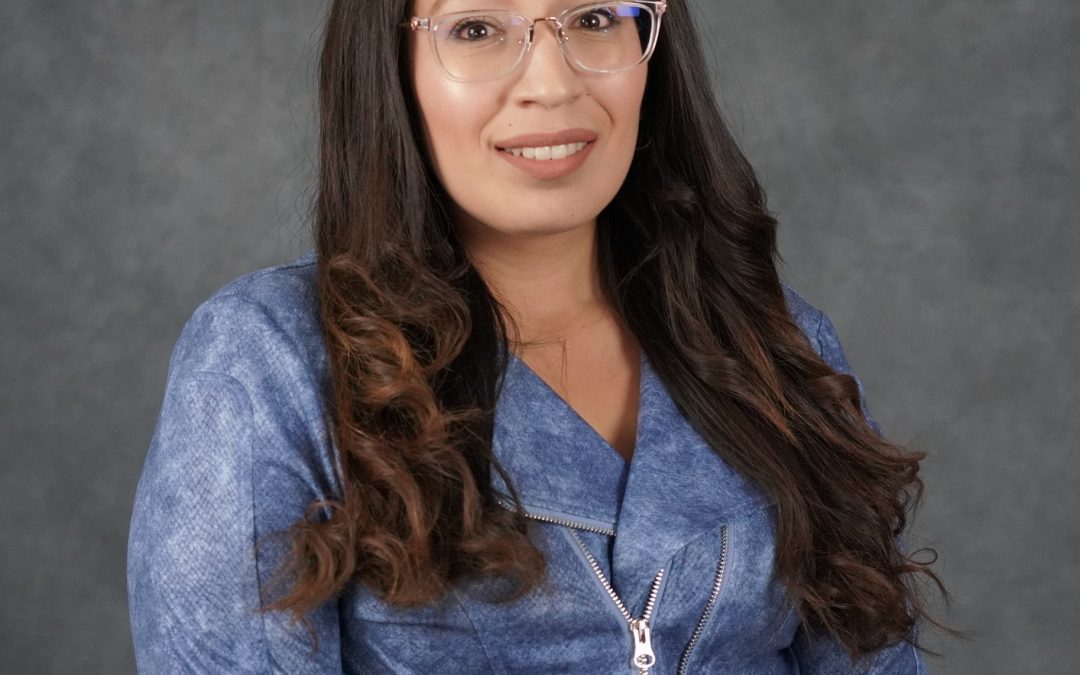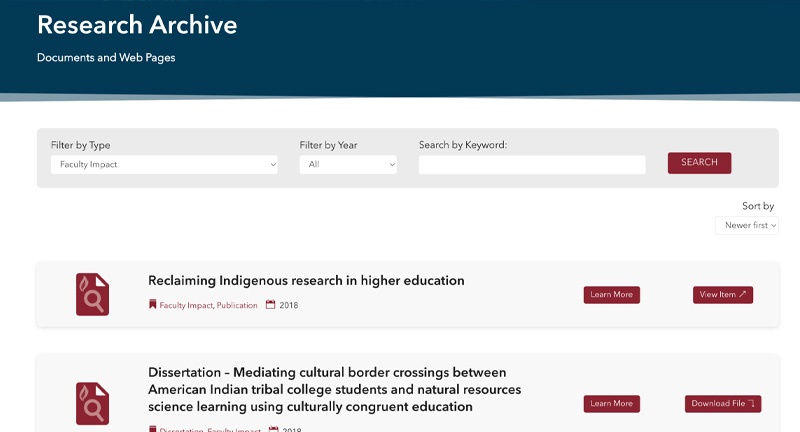Historians say history needs to be learned so as to not repeat mistakes, but also to remember and acknowledge life’s evolution. Hopefully we are getting better.
For most of America, the Thanksgiving and Christmas holidays are memory-filled and memory-making annual events with families coming together to acknowledge blessings. America continues to be the place that others want to be or to live. While the commercialization of these significant holidays sometimes obscures the ‘original’ intent for the designations, I believe that most people are good and that we are a grateful people who do practice some form of spiritual or religious belief that advocates compassion and generosity.
For the Dakota Oyate (Sioux people), however, the holidays – and particularly 2012 – remind us of a history that is not told in history classes nor known to most Americans. It is a significant history related to the colonization and settlement of America but also to the resiliency of a people who should have faded from life.
One-hundred and fifty years ago, December 26, 1862 (the day after Christmas!), 38 Dakota warriors were hung by the United States government in Mankato, Minnesota. Two more were hung two days later. President Lincoln sanctioned the hanging and commuted 265 of the sentences.
Today this event is known as the ‘Minnesota Uprising’ or ‘Dakota Conflict,’ but it is also known as the “Minnesota Massacre.” Various historical publications from that time speak to the heathenism and uncivilized nature of the Dakota people and how the event was unprovoked. But there are many reasons for the Dakota warriors to exert their primary role as provider and protector of the families. Our Dakota ancestors were lied to, cheated and coerced into signing treaties that were not honored or fulfilled but rather part of a corrupt system to ‘take care of’ the Indian “problem.” The people were starving and yet the officials in charge had provisions that were for the Dakota families, stored in warehouses. Those officials refused to disburse the food and one actually made the famous comment “…let them eat grass.” Many non-Indians were killed as were many Dakota, particularly in the aftermath of the conflict.
On December 9, 2012 and for the seventh year, a group of horseback riders left Crow Creek, South Dakota for Mankato, Minnesota – a 330 mile trek – to remember and honor those Dakota warriors who were hung 150 years ago. Many people – Native and non-Natives – will be joining the riders in Mankato for commemoration ceremonies on December 26, 2012.
As a Native North Dakotan with a Dakota mother and a Scandinavian father, my roots come from both sides of this history. I am Dakota and a member of the Spirit Lake Dakota Nation, Fort Totten, North Dakota, but I am also Swedish and Norwegian. I can make tripe soup and wojapi (berry pudding), but I can also make lutefisk and lefse. I believe I am the best of both worlds!
For the past several years some Minnesota communities, via an organization called Diversity Foundation, have been hosting ‘homecomings’ for the Dakota people (we were banned from Minnesota in 1863). As an educator and advocate for human rights, I ask that we all take the time to learn about this past as well as our personal histories. I ask that we be more respectful of each other and to practice compassion and forgiveness. My Dakota relatives who are coordinating the Dakota 38+2 Ride are leading this effort.
We are truly blessed to be alive and well in this day and age. The Creator continues to provide much for our daily existence and it is our responsibility to be good stewards of the bounty and beauty all around us. Take time to learn more about history so that we can better understand each other. Come to Mankato (Mah kah toh…blue earth) on December 26 and join us in remembering the Dakota warriors who gave their lives to defend their way of life and to celebrate together the good life we have today.
Mitakuye oyasin …we are all related.
?uñka Wakañ Wicahpi Wiñyañ…Star Horse Woman
Cynthia A Lindquist, Ph.D., President
Cankdeska Cikana Community College
Spirit Lake Dakota
Fort Totten, North Dakota
Here is a trailer for the film by Smooth Feather Productions









